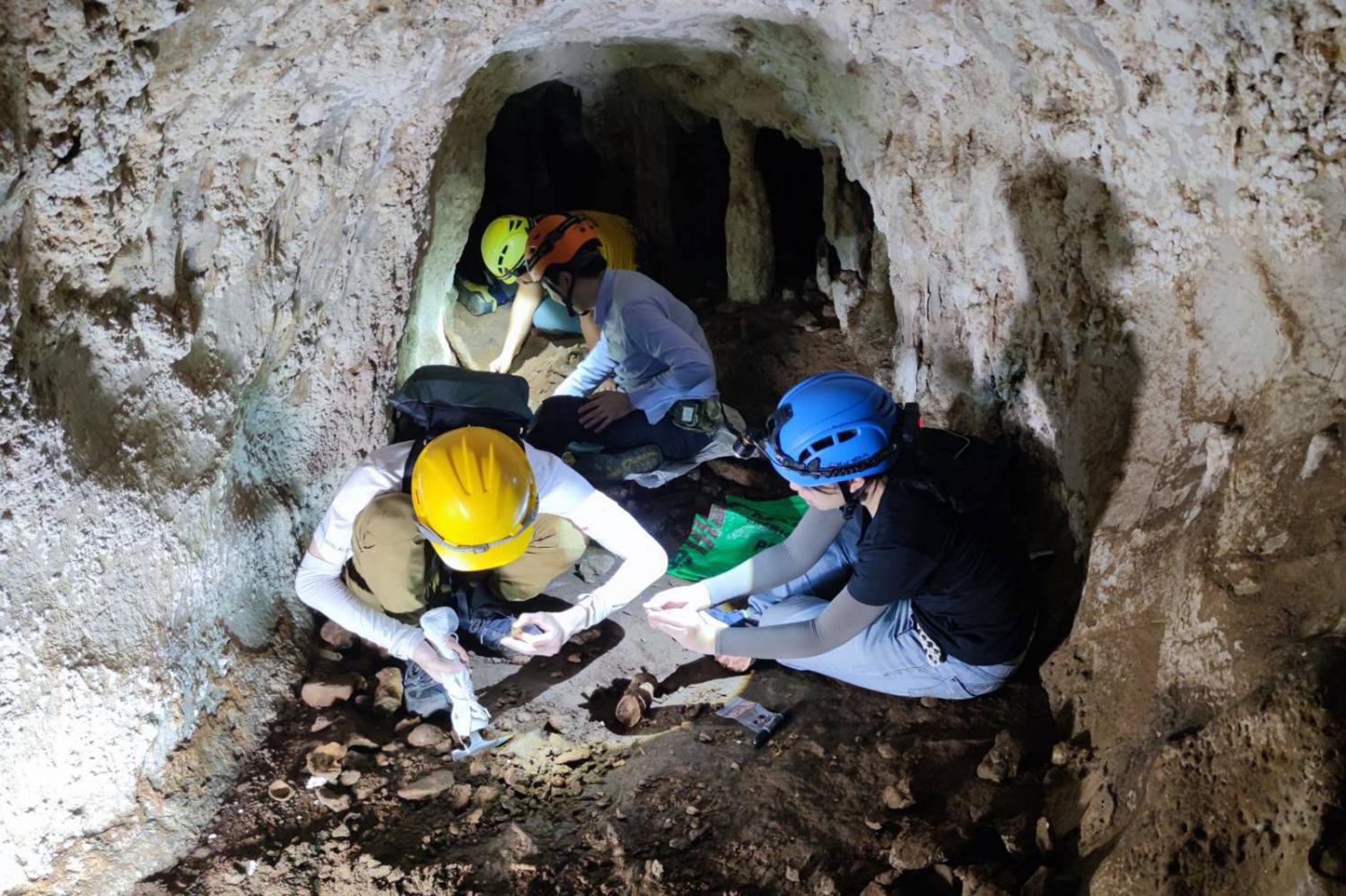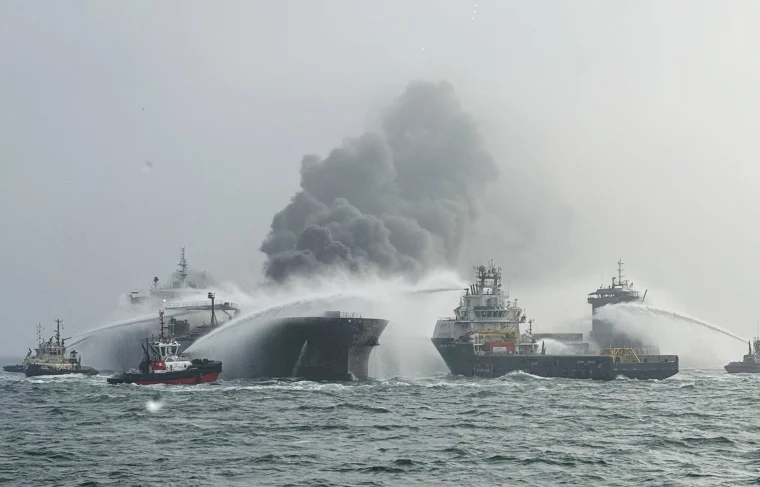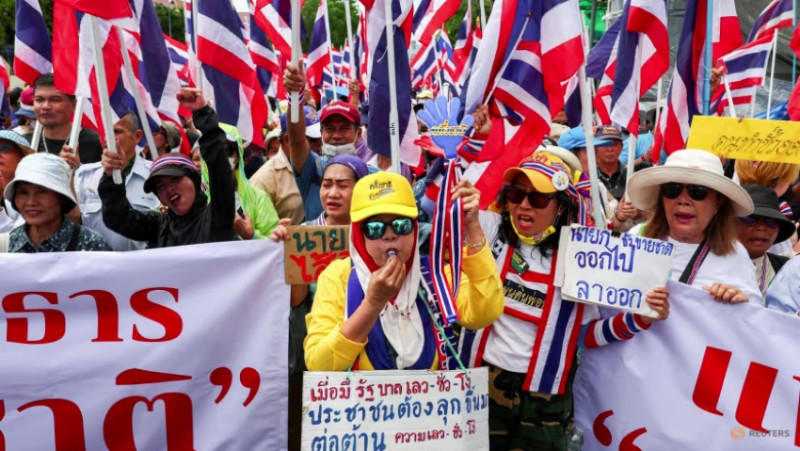Myanmar is facing a severe energy crisis, marked by recurrent power outages and a dwindling supply of domestic gas. The country’s largest gas field, Yadana, is nearing the end of its operational life, leading to significant reductions in electricity generation capacity. This situation has been exacerbated by the ongoing civil conflict since the military coup in February 2021.
Energy Challenges and Political Implications
Impact on Electricity Generation
The decline in gas production has resulted in a 35% decrease in electricity generation capacity since the coup. This not only affects daily life but also hampers economic activities due to frequent power cuts. The political instability has deterred foreign investors from participating in Myanmar’s energy sector, further complicating efforts to address these challenges.
Infrastructure and Renewable Energy Opportunities
Current Infrastructure Limitations
Myanmar’s electrical grid relies heavily on aging hydropower dams, which struggle to meet growing demand. The mismatch between supply and demand poses significant safety risks and necessitates alternative solutions.
Renewable Energy as a Future Prospect
Transitioning Towards Sustainability
Renewable energy sources like solar power are gaining traction as viable alternatives. Local companies are seeing increased interest from households for solar panel installations despite high initial costs. A shift towards renewable energy could be crucial for rebuilding Myanmar’s economy and addressing its energy crisis sustainably.
Economic Resilience Through Renewable Solutions
International Support for Renewable Development
Partnerships with international organizations are helping strengthen Myanmar’s economic resilience through renewable energy initiatives. These efforts aim to enhance operational capacity while providing sustainable solutions that can mitigate future crises effectively.
Path Forward for Sustainable Growth
Political Stability as a Prerequisite for Progress
A return to civilian rule is essential for implementing effective energy policies that prioritize renewable sources like solar and wind power. Transparent international tenders can help accelerate this transition by making Myanmar a hub for renewable energy within two years.








